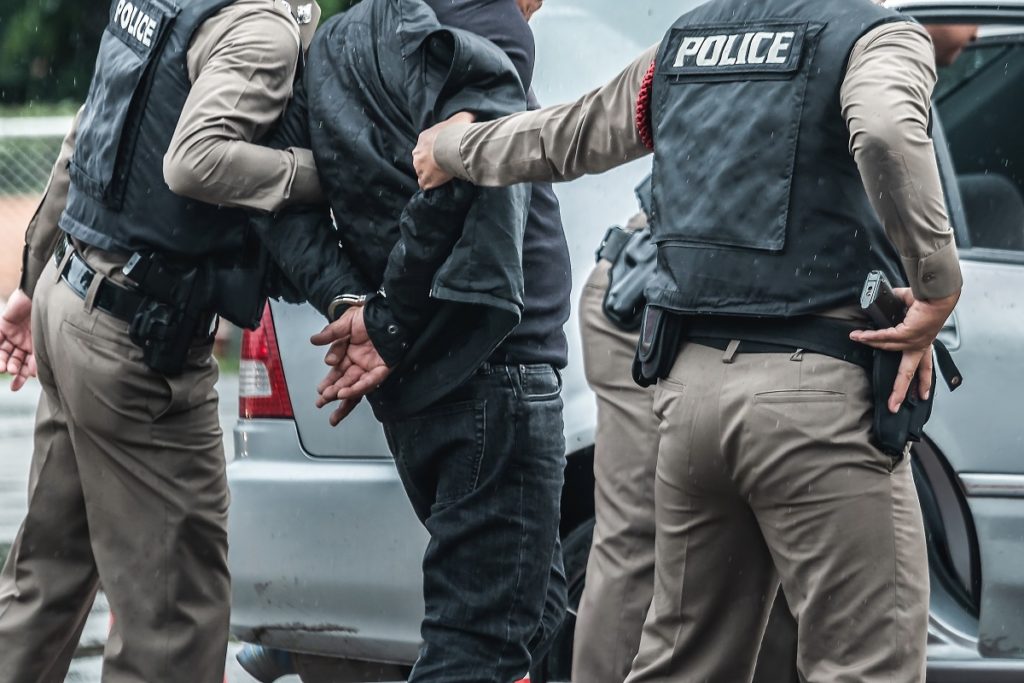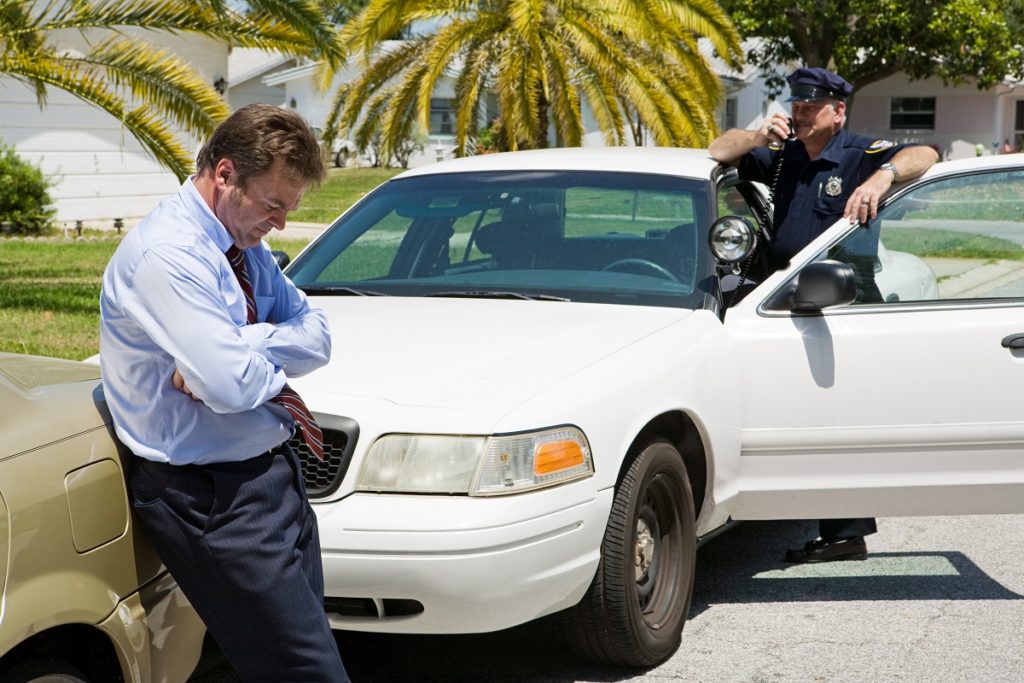Being charged for drunk driving could impact your life forever. Different charges could mean fines, license suspensions, and even jail time.
Facing an arrest may not be ideal for anyone, it’s still important to know the process so you can exercise your rights better.
Here’s what to expect when you get pulled over for drunk driving.
The Arrest

Tell-tale signs that a driver is under the influence includes excessive speeding and other traffic violations. At this point, the officer will ask if you’ve been drinking and the amount of alcohol you’ve had.
You will also be asked to take a chemical test. Samples of your breath, blood, and/or urine will be collected to measure the amount of alcohol in your body. In the state of New York, drivers are expected to have consented to such testing since they are under state jurisdiction.
If you get arrested for drunk driving in Long Island, for instance, a criminal defense lawyer might advise you to simply agree to a chemical testing since refusal can lead to a temporary license suspension and a possible hearing with the Department of Motor Vehicles.
If the police officer finds sufficient cause, like slurred speech, difficulty in walking, or the inability to perform sobriety tests, you will most likely get arrested.
Jail Time
Once arrested, your car will be towed and you will be brought to the police station where your mug shot and fingerprint will be taken. The Federal Rules of Criminal Procedure states that criminal defendants can be placed in a holding cell up to 48 hours before arraignment. Sometimes, it can extend up to 72 hours if judges are unavailable due to public holidays or weekends.
During arraignment, you are asked to enter a plea. If you plead “guilty,” you will proceed to sentencing or legal punishment. If you plead “not guilty,” you will proceed to trial.
In some cases, you are allowed to leave jail earlier by posting bail. The cost of your bail may depend on a “bail schedule” which is a list of bail amounts that correspond to each kind of crime. The judge can also dictate the cost of your bail by assessing your crime history and the circumstances of your arrest.
Penalties
The penalties for each charge depend on the exact circumstances. Several factors are considered, such as the driver’s age and the number of previous offenses. A first time drunk driving conviction can include a fine between $500 and $1,000, up to 1 year in penitentiary or county jail, a minimum 6-month license revocation, and others.
Drunk driving cases in the U.S. have skyrocketed over the years. According to the Federal Bureau of Investigation, a total of 1,001,329 drivers were arrested for driving under the influence of alcohol or drugs in 2018. Since then, all states and the district of Columbia except Utah have adjusted their DUI definition as BAC (blood alcohol concentration) at or above 0.08 grams per deciliter. States also follow zero tolerance laws preventing drivers under the age of 21 from drinking and driving.
Let’s face it. Nobody wants to spend the night in jail or have their license suspended for 6 months. At the end of the day, it is best to make decisions that will safeguard your rights and safety above all else. Before heading out the road, keep these all these factors in mind.

